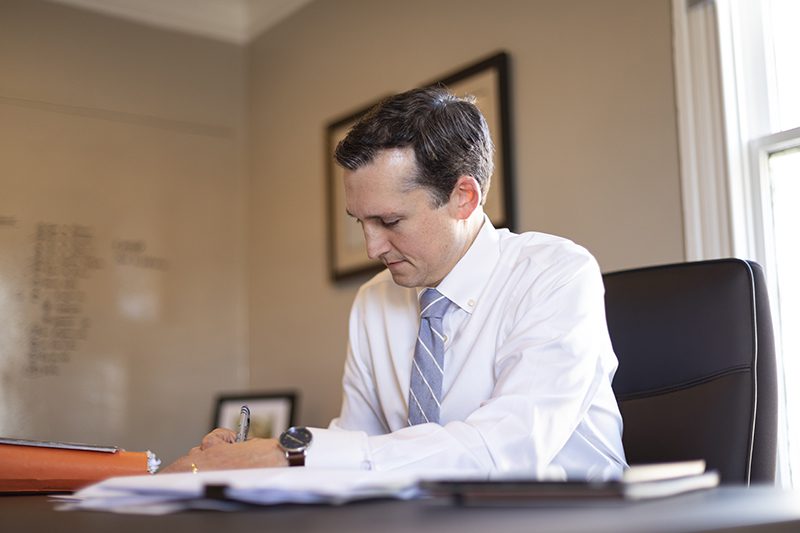Call for a consultation 864.301.8141
Personal Injury Law
A serious injury warrants a serious lawyer. Daytime television is filled with commercials from TV lawyers asking to take on your case. But before you call that number in the jingle, you should consider some important factors.
What is a good personal injury lawyer?
One who:
- Will personally handle your case – not an army of paralegals
- Will see it through from start to finish – not hand it off at mediation
- Is not afraid to file suit and to try your case, if necessary
- Knows when to hire an expert, gather phone records, and conduct testing
- Will do discovery and take depositions to properly work-up the case
- Who knows when it’s best to either settle or go to trial
Proven Experience
Jay Anthony has handled personal injury cases of all sorts – from minor accidents through complex product defect actions against a major automobile manufacturer. Once he files suit, Jay almost always conducts discovery, takes depositions, and does investigation. In complex cases, Jay has worked with automotive experts, economists, and engineers to perform inspections and testing to ensure that the defense is aware of the severity of the case and the exposure. He has traveled around the country taking depositions, investigating and trying cases, and has squared off against some of the largest firms in the nation.
Jay is diligent and thorough in preparing his cases, but never loses sight of the fact that the case is not a project, but a person.

Some tips about personal injury law:
- It doesn’t always make sense to make your claim quickly. If you’re still treating, it’s usually best to wait to see how things develop before making a demand.
- Act quickly to gather evidence after a personal injury case. Your attorney will want to photograph the scene, the vehicles, talk to witnesses, obtain 911 audio, and seek surveillance video.
- Some trucks have a “black box.” These devices can only be read by special, proprietary software and it is therefore usually necessary to get an expert witness to the scene.
- Don’t give a recorded statement to an insurance adjuster until talking to a lawyer first. Adjusters are always trying to find a way to put some blame on you.
- Take photos and video at the scene and take photos of any injuries or bruises before they fade.

